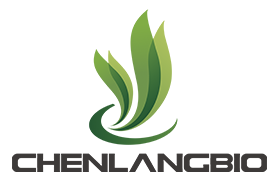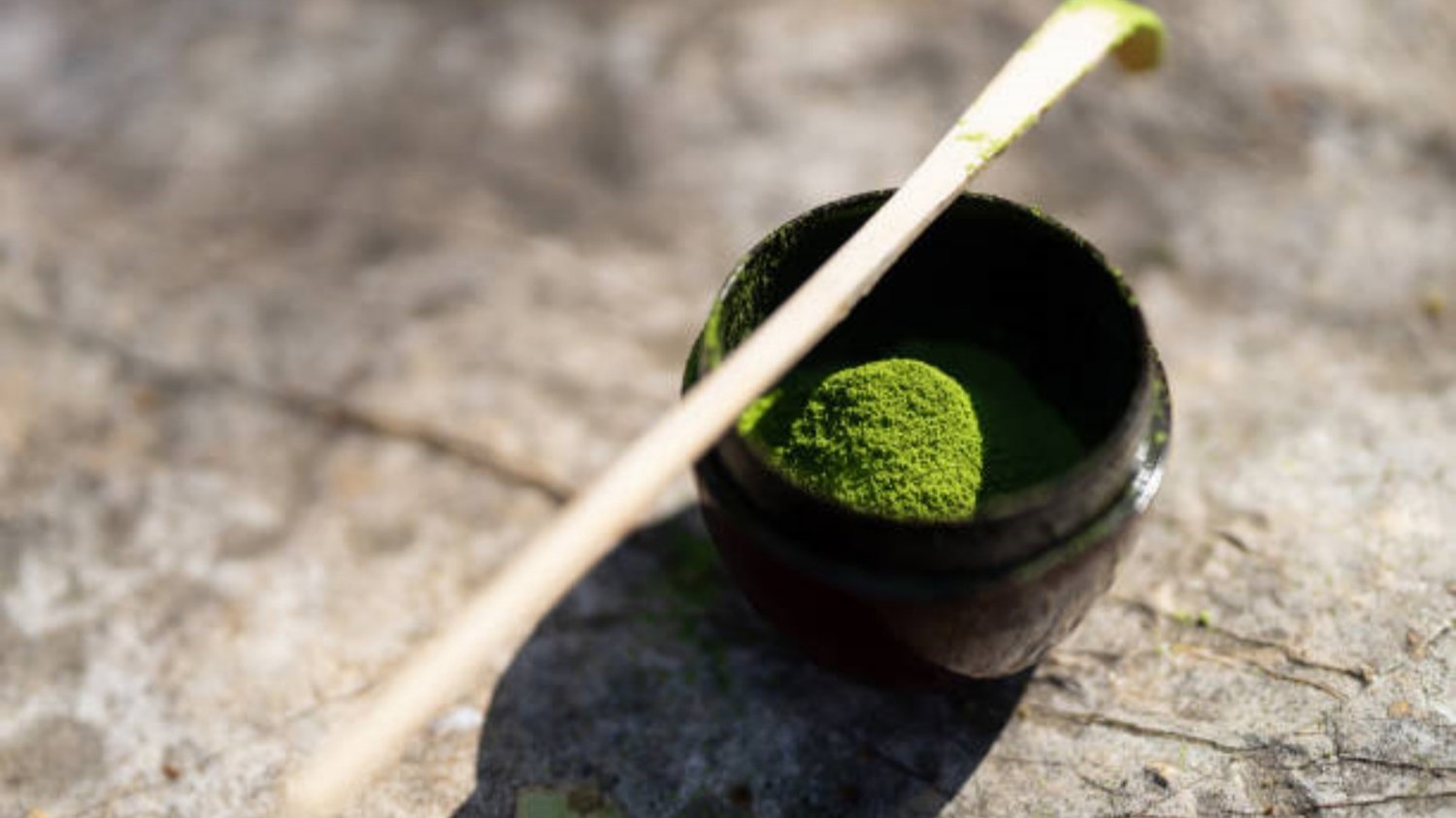The Power of ivy extract: What You Need to Know
When it comes to natural remedies, ivy extract is one of the most promising. This plant-derived substance has been used for centuries to treat an array of ailments, from respiratory problems to skin conditions. In this article, we'll explore everything you need to know about ivy extract, including its uses, benefits, and potential side effects.
What is Ivy Extract?
Ivy extract, also known as Hedera helix extract, is derived from the leaves of the ivy plant. This plant is native to Europe, but can now be found growing in many parts of the world. Ivy extract is typically sold in the form of a liquid or a cream, and is used for a variety of purposes, from skin care to respiratory health.
Uses of Ivy Extract
Ivy extract is used for a wide range of purposes. One of its most common uses is as an expectorant, helping to loosen and expel mucus from the respiratory system. Ivy extract is also used to treat skin conditions such as psoriasis and eczema, due to its anti-inflammatory properties. In addition, ivy extract has been shown to have antibacterial and antifungal properties, making it a useful treatment for certain types of infections.
Benefits of Ivy Extract
The benefits of ivy extract are numerous and wide-ranging. One of the most well-established benefits is its ability to improve respiratory health. When taken orally or inhaled, ivy extract can help to relieve cough, wheezing, and other symptoms of respiratory illness. In addition, ivy extract is a natural anti-inflammatory, which can help to reduce inflammation throughout the body. This makes it a useful treatment for conditions such as arthritis and asthma.
Side Effects of Ivy Extract
Like any substance, ivy extract can have side effects. Some people may experience allergic reactions to ivy extract, which can include skin irritation, hives, and difficulty breathing. In addition, ivy extract should not be used by pregnant or nursing women, as there is not enough research to determine its safety in these populations. Finally, ivy extract may interact with certain medications, so it's important to talk to your doctor before using it if you are taking any prescription drugs.
How to Use Ivy Extract
The method of using ivy extract depends on its intended purpose. If you are using ivy extract as a skin treatment, simply apply it to the affected area twice per day. If you are using ivy extract as an expectorant or for respiratory health, you can take it orally or inhale it as a vapor. Dosage recommendations vary depending on the concentration of ivy extract in the product, so make sure to read the label carefully before use.
Where to Find Ivy Extract
Ivy extract can be found at many health food stores and online retailers. When purchasing ivy extract, be sure to look for a high-quality product from a reputable brand. You should also check the concentration of ivy extract in the product to ensure that you are getting a sufficient dose.
Conclusion
Overall, ivy extract is a natural remedy with a wide range of applications. From improving respiratory health to treating skin conditions, this plant-derived substance has been used for centuries to support health and wellness. If you're interested in using ivy extract, talk to your doctor to determine if it's right for you.

